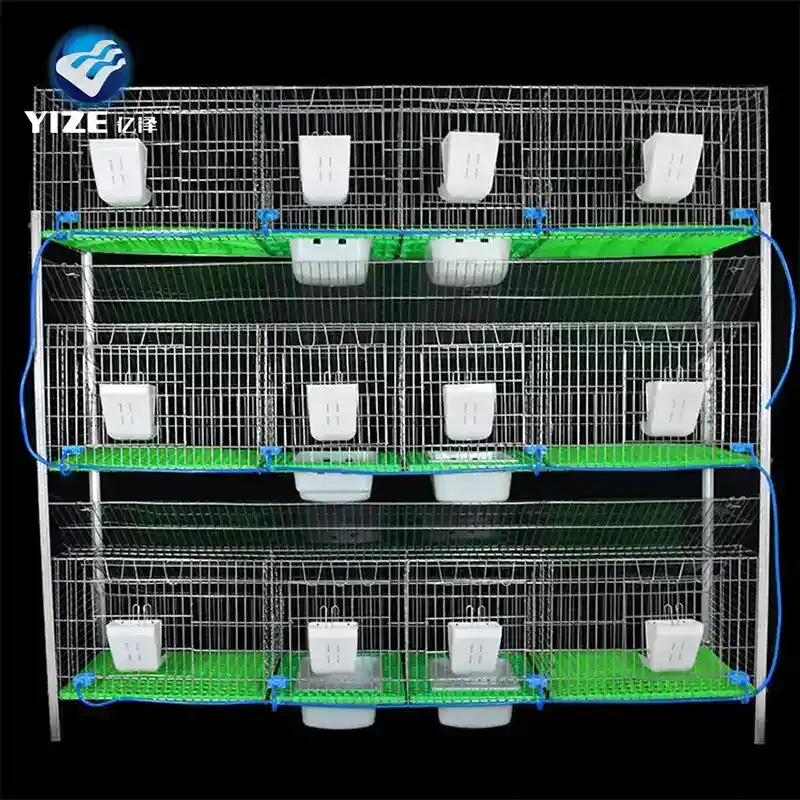Efficient Vacuum Sealing Equipment for Preserving Food and Extending Shelf Life
Dec . 24, 2024 07:56 Back to list
Efficient Vacuum Sealing Equipment for Preserving Food and Extending Shelf Life
The Importance of Vacuum Packing Machines in Modern Food Preservation
In today’s fast-paced world, where convenience and efficiency are paramount, vacuum packing machines have emerged as an indispensable tool in both commercial and home kitchens. These machines not only simplify food storage but also significantly extend the shelf life of products, making them an essential asset for individuals and businesses alike.
At its core, a vacuum packing machine operates by removing air from a plastic pouch or bag before sealing it tightly. This process drastically reduces the presence of oxygen, which is a key factor in the growth of bacteria, mold, and yeast. By creating a vacuum-sealed environment, food can maintain its freshness, flavor, and nutritional value over extended periods, drastically reducing waste and saving money.
For businesses in the food industry, such as restaurants, grocery stores, and food manufacturers, vacuum packing machines serve several critical functions. Firstly, they facilitate bulk storage. Restaurants can purchase ingredients in bulk, vacuum seal them, and store them conveniently without the risk of spoilage. Additionally, vacuum packing allows for better organization in storage spaces, maximizing both freezer and refrigerator capacity. By sealing items tightly, businesses can stack and store them without fear of contamination or freezer burn.
Moreover, vacuum sealing enhances food safety. By drastically reducing air exposure, the growth of pathogens and spoilage organisms is inhibited. This is particularly vital for meat and seafood, which are notoriously susceptible to rapid spoilage. Many consumers have become increasingly health-conscious; thus, having a system in place that promotes food safety can yield a competitive advantage for food establishments.
vacuum packing machine

In home kitchens, vacuum packing machines are equally beneficial. They provide a practical solution for meal preppers and those who prefer to cook in advance. By preparing meals ahead of time and vacuum sealing them, individuals can ensure their food stays fresh and flavorful when it comes time to eat. This not only saves time during busy weekdays but also encourages a healthier lifestyle by making nutritious meals readily available.
Another advantage of vacuum packing is the ability to marinate foods quickly. When vacuum-sealed, marinades penetrate meat and vegetables more effectively. This means that users can achieve gourmet flavors in a fraction of the time it would take through traditional marination methods, making it an excellent option for those who enjoy home cooking.
Furthermore, vacuum sealing can play a crucial role in sous vide cooking—a trendy culinary technique where food is cooked in a water bath at precise temperatures. Vacuum-sealed bags help maintain the integrity of the food, allowing for even cooking while retaining flavors and moisture.
Lastly, the environmental impact of vacuum packing cannot be overlooked. While plastic waste is a concern, vacuum packaging can actually reduce overall food waste, which is a significant problem worldwide. By extending the shelf life of products, vacuum packing machines help minimize the amount of food that gets thrown away, feeding not only the family but also contributing to global food sustainability efforts.
In conclusion, vacuum packing machines are not just tools for food preservation; they are revolutionary devices that enhance food safety, convenience, and sustainability. Whether for commercial use or home kitchens, these machines have transformed the way we store and prepare food, making them an essential investment for anyone serious about maintaining freshness and quality in their meals. As technology advances, we can expect to see even more innovative features that will further enhance the capabilities of vacuum packing machines, solidifying their place in modern kitchens.
-
Automatic Feeding Line System-Pan Feeder Nipple Drinker|Anping County Yize Metal Products Co., Ltd.
NewsJul.29,2025
-
Hot Sale 24 & 18 Door Rabbit Cages - Premium Breeding Solutions
NewsJul.25,2025
-
Automatic Feeding Line System Pan Feeder Nipple Drinker - Anping County Yize Metal Products Co., Ltd.
NewsJul.21,2025
-
Automatic Feeding Line System Pan Feeder Nipple Drinker - Anping County Yize Metal Products Co., Ltd.
NewsJul.21,2025
-
Automatic Feeding Line System - Anping Yize | Precision & Nipple
NewsJul.21,2025
-
Automatic Feeding Line System - Anping Yize | Precision & Nipple
NewsJul.21,2025






